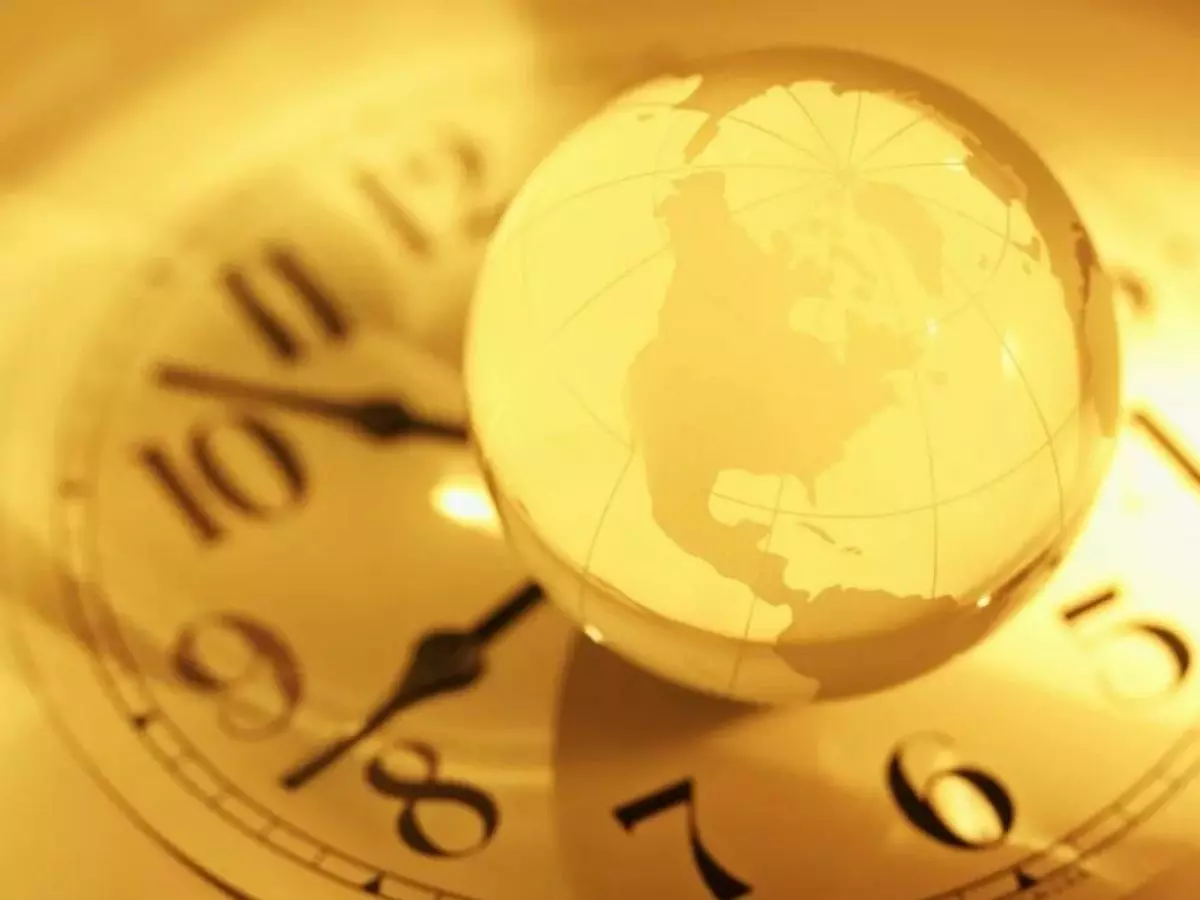Scientists Want To Shorten 1 Minute To 59 Seconds, As Earth's Spinning Faster
Tinkering with the world clock isn¡¯t an unusual phenomenon. In fact, researchers have added ¡®leap seconds¡¯ 27 times in the past to compensate for the slowing rotation of Earth, with the last adjustment made in 2016. But now, the planet is rotating faster than usual which is why scientists are urging for the inclusion of a ¡®negative leap second¡¯ to bring a balance to time.

The concepts of time have taught us that a minute consists of 60 seconds, an hour consists of 60 minutes and there are 24 hours in a day as it takes that much time for our Earth to make a rotation. We¡¯ve been following this for years now.
 Getty Images
Getty Images
However, a report by the Telegraph reveals that the scientists are asking for reducing the minute by one second, making it last only 59 seconds. This is because the data has revealed that the 24-hour daily rotation is decreasing considerably, and reducing the time in our day.
According to TimeandDate, (highlighted in a report by the New York Post) last Sunday only lasted 23 hours and 59 minutes and 59.9998927 seconds. Now you might be wondering that such minuscule shortening is normal and that this speed fluctuates on a regular basis depending on factors like natural terrestrial and celestial alterations.
Breaking previous records
However, researchers have discovered that this shortening has been going for some time now. They give an example of the shortest day in 2020 has beaten the shortest day in 2005 for 28 times. And researchers have predicted that 2021 is going to be 19 milliseconds shorter than the average year, with an average daily deficit of 0.5 milliseconds.
Tinkering with the world clock isn¡¯t an unusual phenomenon. In fact, researchers have added ¡®leap seconds¡¯ 27 times in the past to compensate for the slowing rotation of Earth, with the last adjustment made in 2016. But now, the planet is rotating faster than usual which is why scientists are urging for the inclusion of a ¡®negative leap second¡¯ to bring a balance to time.
Peter Wibberley, the senior research scientist with the National Physical Laboratory¡¯s time and frequency group, explained in a conversation with the Telegraph, ¡°It is certainly correct that the Earth is spinning faster now than at any time in the last 50 years. It¡¯s quite possible that a negative leap second will be needed if the Earth¡¯s rotation rate increases further, but it¡¯s too early to say if this is likely to happen.¡±
He added that there is a need for an international discussion about the future of leap seconds, to help timekeepers take better decisions to claim lost time. The institution responsible for adding leap seconds is the International Earth Rotation and References System Service which is based in Paris, and many also feel that this addition and subtraction to the concept of time causes more confusion than clarity.
 Getty Images
Getty Images
For instance, in 2012, when they added a leap second, it caused numerous sites on the web to crash, including Reddit, Yelp, LinkedIn while causing disruption in Linux OS and software running on Javascript.
To avoid such a conundrum, several national leaders have decided to ignore the leap second corrections and rely on using the trusty atomic clock. The ultimate decision on this will be left to the World Radiocommunication Conference in 2023.
